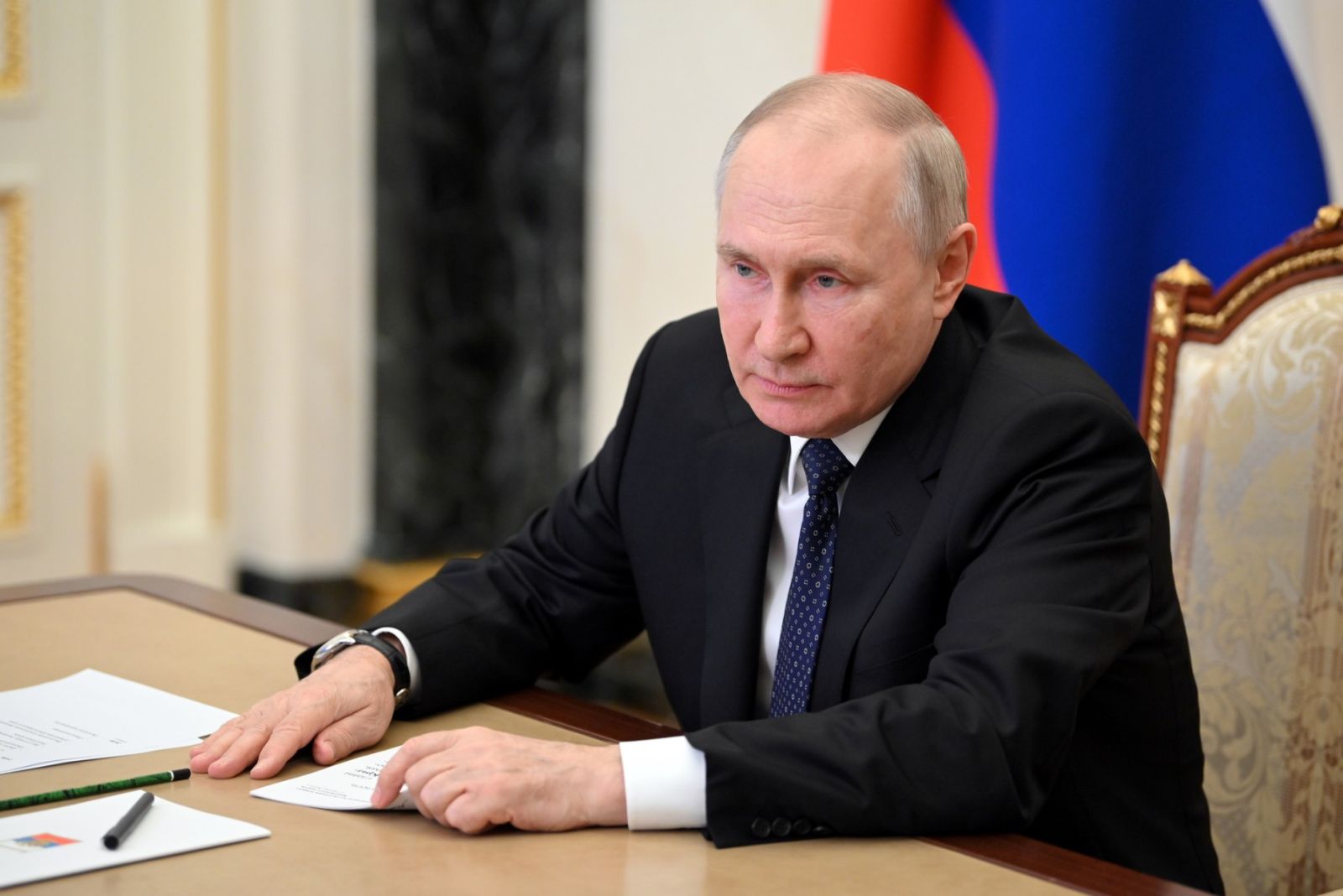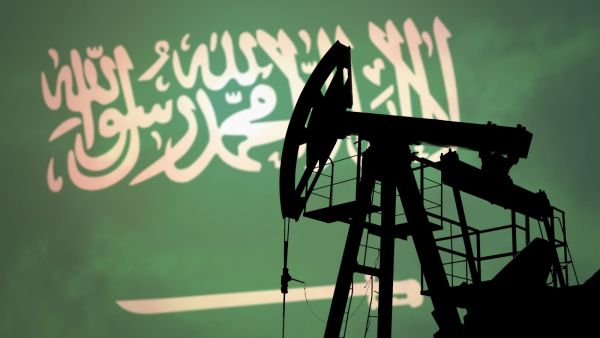ALBAWABA – Saudi Arabia oil cuts will likely carry into September to bolster a tentative recovery in crude oil prices, Bloomberg reported Thursday.
The Kingdom of Saudi Arabia cut oil supply by 1 million barrel per day in July and announced the cut will carry into August.
However, a Bloomberg survey shows experts expecting Saudi Arabia oil cuts to run longer as oil prices are grappling to hold on to a 12 percent rise in the past weeks.
The survey covered 22 traders, analysts and refiners, of whom 15 have said the oil cuts will carry into September.
The Saudi Arabia oil cut has boosted Brent prices to about $83 per barrel, as other cuts were initiated earlier in 2023 by members of the Organization of Petroleum Exporting Countries and its allies (OPEC+).
Notably, oil prices have slipped from last year’s peak levels after Russia invaded Ukraine.
The decline in oil prices has given the United States (US) and Europe some relief in terms of skyrocketing inflation and energy prices, which on the other hand prompted OPEC+ to cut oil supplies.
“The kingdom will want to see a protracted rise toward $90 a barrel and possibly improvement in Chinese economic data to start considering putting the 1 million barrels per day back into the market,” Tamas Varga told Bloomberg. Varga is an analyst at brokers PVM Oil Associates Ltd. in London.
Extending Saudi Arabia oil cuts to offset supply variables
Six survey participants predicted the aforementioned rise in oil prices will encourage the Saudis to taper off their extra cut by restoring about 250,000 to 500,000 barrels a day in September, the Bloomberg report pointed out.
Still, according to the majority of participants, Saudi Arabia oil cuts are expected to continue so far into the year.
“There’s ample evidence for Saudi Arabia to start unwinding the cuts in September,” said James Davis, director of short-term global oil services at consultants FGE. “The market is screaming out for these barrels, and refiners are scrambling to get hold of them.”

Meanwhile, it is also more likely that Saudi Arabia oil cuts will continue, with Russia reportedly still supplying the market with oil through intermediaries, including middlemen working through China and India, Reuters reported.
Especially, with Russian oil price-capped at $60 per barrel, according to the Canada-based news agency.
Even though Russia has announced it will cut down supplies to the market and redirect output to replenish military consumption, accounts have pointed to obscure trading of Russian oil, according to another Reuters report.







